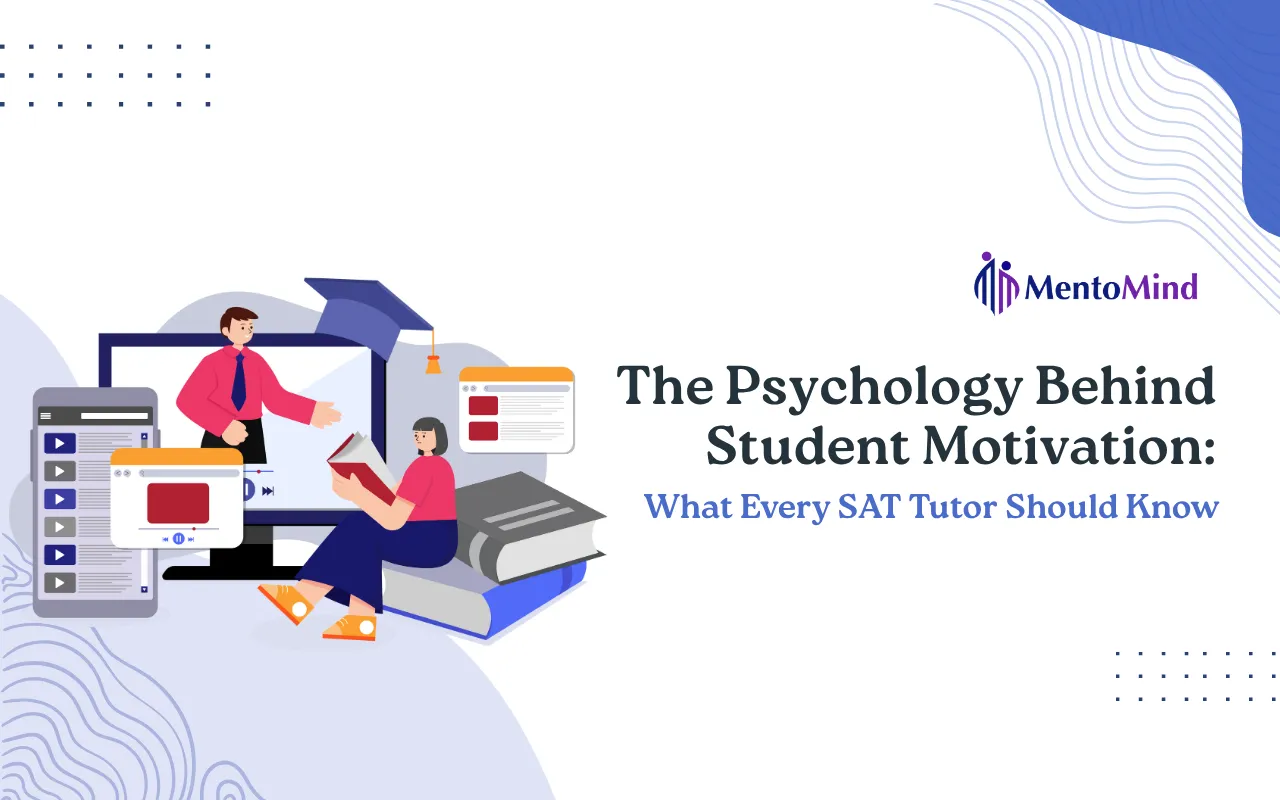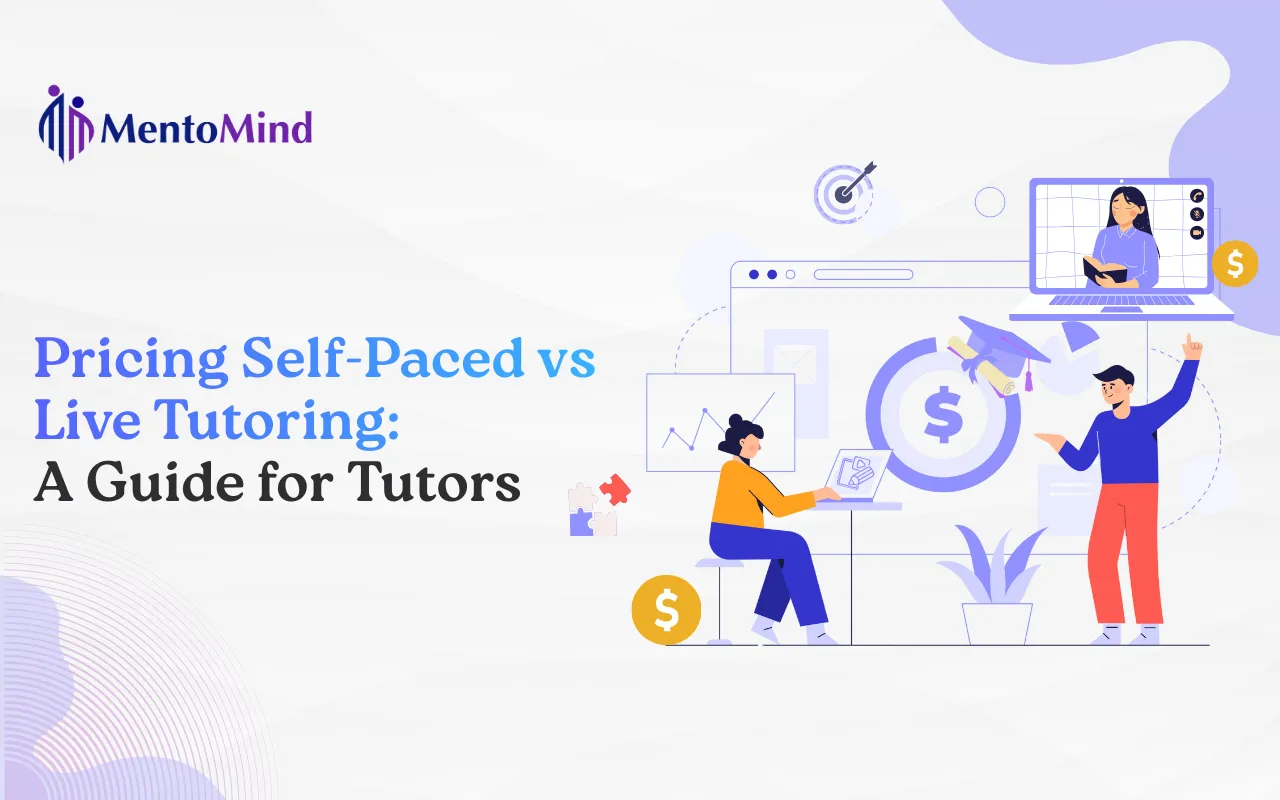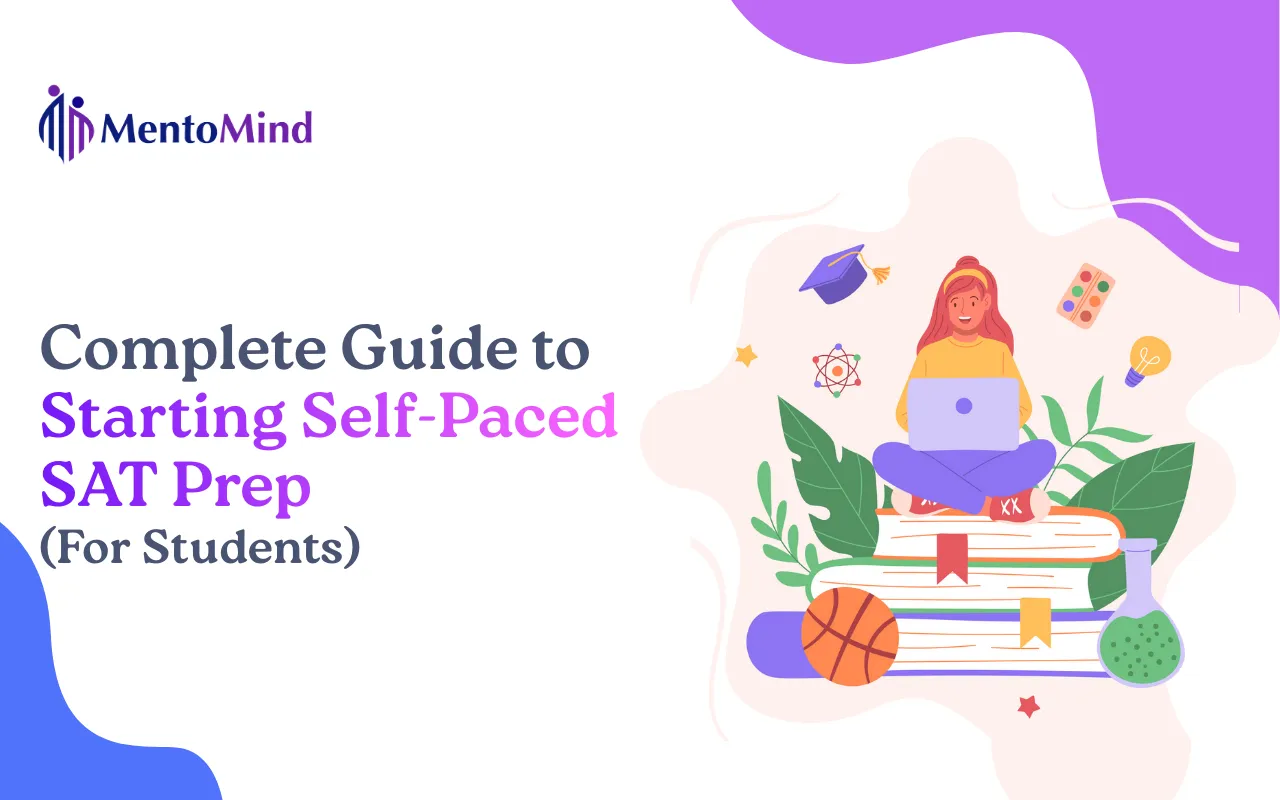What If the Problem Isn’t Laziness, But Psychology?
If you’ve ever thought, “Why won’t my student just do their practice questions?” you’re not alone.
The truth is, most SAT students aren’t lazy – they’re overwhelmed, under-structured, or unclear on the “why” behind the effort.
A survey found that 86% of high school students procrastinate on assignments—not due to laziness, but because tasks feel daunting or stressful.
Understanding some basic motivational psychology can help you turn low-engagement students into proactive test-prep machines. And with the right tools, it’s easier than you think.
Why Motivation Drops (and How to Reverse It)
 Top demotivators for SAT students:
Top demotivators for SAT students:
Lack of immediate reward
Fear of failure
Overload or poor time structure
Feeling like SAT prep is endless
No visible sign of progress
 Motivation boosters that work:
Motivation boosters that work:
Short-term goals with visible progress
Autonomy and choice in what/when to study
Clear rewards for effort (not just results)
Consistent positive reinforcement
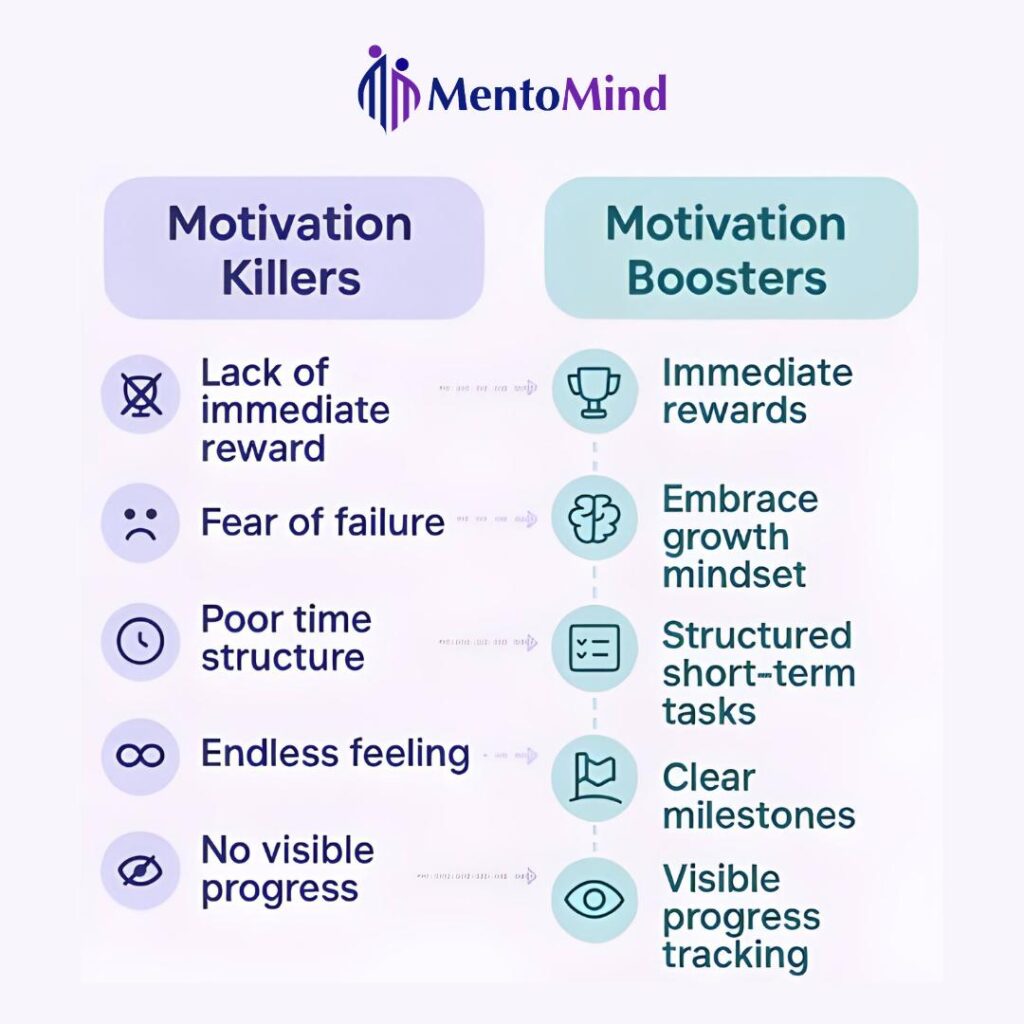
The 4-Step Motivation Framework for Tutors
Step 1: Set Micro Goals
Break down prep into 15–30 minute chunks:
“Finish 5 grammar questions” vs. “Master Writing section”
Use checklists or digital streak trackers
- Habitica — Gamified to-do list
Step 2: Visualize Progress Publicly
Show students how far they’ve come:
Line charts of score increases
Badges for streaks, accuracy, or completion
Progress meters with student avatars
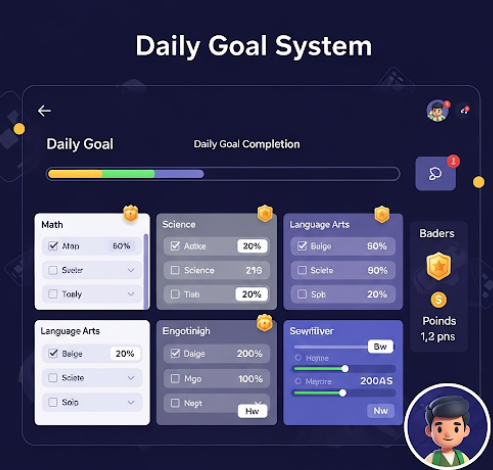
- Canva Progress Tracker Templates
- Flippity.net — Badges and achievement visuals
Step 3: Reinforce Effort (Not Just Outcomes)
Praise inputs, not just results:
“You showed up 5 days in a row—amazing discipline!”
“You attempted 40 hard questions this week!”
Give small digital rewards or social shoutouts
Step 4: Build Autonomy with Structure
Let students choose how they learn while keeping the roadmap:
Offer 3 practice choices per topic
Let them pick when to review vs. test
Allow switching between flashcards, drills, or videos
What MentoMind Does to Keep Students On Track
MentoMind is built with student psychology in mind. It helps tutors:
Create personalized learning paths that feel manageable
Show progress with dashboards
Automate nudges and reminders to build habits
Deliver gamified rewards at milestones
From Passive to Proactive: The Change You’ll See
Tutors using motivation psychology report:
✅ Increase in weekly task completion
✅ Reduced need for reminders and follow-ups
✅ More positive feedback from parents
✅ Better retention and faster academic gains
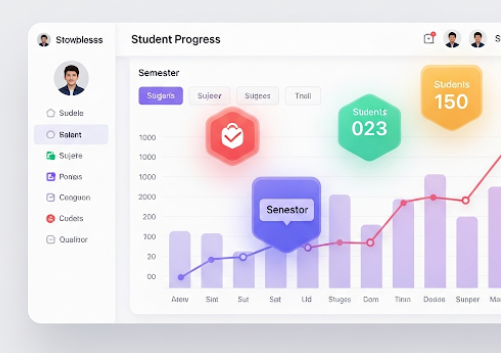
Quick Wins: What You Can Implement This Week
Add a “Goal of the Day” to each session
Start a streak tracker or effort chart
Send a midweek progress nudge
Reward effort with a shoutout or badge
Let students pick their next review format
Turn Motivation Into Momentum
SAT prep doesn’t have to feel like a grind.
With the right approach and the right tools, you can:
Make learning feel rewarding
Keep students engaged between sessions
Build habits that last beyond the test
Most importantly, you can transform your tutoring sessions into a space where students feel empowered, not pressured.
Want help putting this into action?
MentoMind supports all the strategies outlined here—from dashboards and streak tracking to personalized learning and gamified nudges.
💡 Start your free trial and see how quickly motivation turns into measurable progress: www.mentomind.ai
Because motivated students don’t just study harder—they stick around longer.
